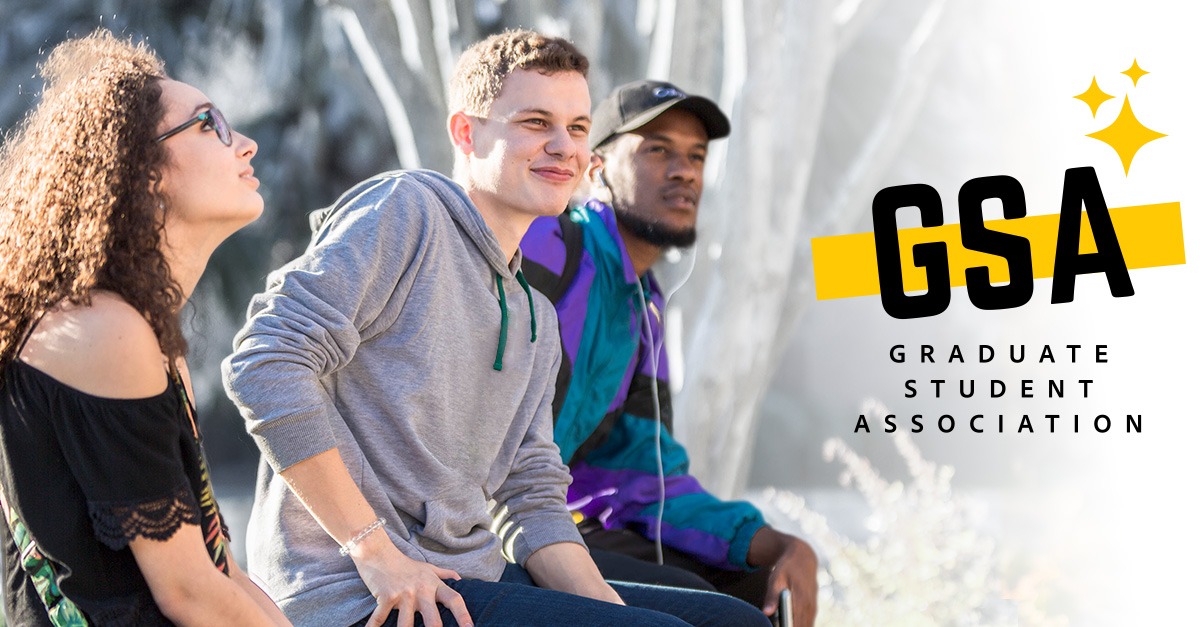New UCF Technique to Create Nanomaterials May Help Detect Cancer Earlier
For the first time, a team of scientists at the University of Central Florida has created functional nanomaterials with hollow interiors that can be used to create highly sensitive biosensors for early cancer detection.
Xiaohu Xia, an assistant professor of chemistry with a joint appointment in the NanoScience Technology Center, and his team developed the new method and recently published their work in the journal ACS Nano.
“These advanced hollow nanomaterials hold great potential to enable high-performance technologies in various areas,” says Xia. “Potentially we could be talking about a better and less expensive diagnostic tool, sensitive enough to detect biomarkers at low concentrations, which could make it invaluable for early detection of cancers and infectious diseases.”
Because hollow nanomaterials made of gold and silver alloys display superior optical properties, they could be particularly good for developing better test strip technology, similar to over-the-counter pregnancy tests. Currently the technology used to indicate positive or negative symbols on the test stick is not sensitive enough to pick up markers that indicate certain types of cancer. But Xia’s new method of creating hollow nanomaterials could change that.
More advance warning could help doctors save more lives.
In conventional test strips, solid gold nanoparticles are often used as labels, where they are connected with antibodies and specifically generate color signal due to an optical phenomenon called localized surface plasmon resonance. Under Xia’s technique, metallic nanomaterials can be crafted with hollow interiors. Compared to the solid counterparts, these hollow nanostructures possess much stronger LSPR activities and thus offer more intense color signal. Therefore, when the hollow nanomaterials are used as labels in test strips they can induce sensitive color change, enabling the strips to detect biomarkers at lower concentrations.
“Test-strip technology gets upgraded by simply replacing solid gold nanoparticles with the unique hollow nanoparticles, while all other components of a test strip are kept unchanged,” says Xia. “Just like the pregnancy test, the new test strip can be performed by non-skilled persons, and the results can be determined with the naked eye without the need of any equipment. These features make the strip extremely suitable for use in challenging locations such as remote villages.”
The UCF study focused on prostate-specific antigen, a biomarker for prostate cancer. The new test strip based on hollow nanomaterials was able to detect PSA as low as 0.1 nanogram per milliliter (ng/mL), which is sufficiently sensitive for clinical diagnostics of prostate cancer. The published study includes electron microscope images of the metallic hollow nanomaterials.
“I hope that by providing a general and versatile platform to engineer functional hollow nanomaterials with desired properties, new research with the potential for other applications beyond biosensing can be launched,” Xia says.
Collaborators on the study include Zhuangqiang Gao, Zheng Xi, Haihang Ye, Zhiyuan Wei and Shikuan Shao from UCF’s chemistry department; Qingxiao Wang and Moon J. Kim from the University of Texas at Dallas, and Dianyong Tang from Chongqing University of Arts and Sciences in China.
Gao and Xi are postdoctoral scholars in Xia’s lab, partially funded through UCF’s Preeminent Postdoctoral Program.
The study was partially funded through a National Science Foundation CAREER grant (CHE-1834874).
Xia, who has a joint appointment at the NanoScience Technology Center, has multiple degrees in biomedical engineering and worked at Georgia Tech as a postdoctoral fellow and at Michigan Technological University as an assistant professor before joining UCF in 2018. He has published more than 50 journal articles and has more than 5,800 citations. He has received multiple grants and presented around the world.
Share This Article

UCF Women’s Club Honors 3 Graduate Students with Prestigious Sheila B. Somerville Scholarship
Financial support is often the cornerstone of academic success, and for many students, scholarships open the door to higher education. Beyond easing financial stress, these awards provide recognition, motivation, and a...
Latest News

Be the Voice of UCF Graduate Students
The Graduate Student Association (GSA) is looking for motivated graduate students to step into leadership and shape the graduate experience for the 2026–2027 academic year. As a GSA officer, you'll...

UCF Launches 1st Planetary and Space Sciences PhD Program in Florida
As SpaceU, UCF is pushing the boundaries of exploration by launching a groundbreaking new doctoral program in the planetary and space sciences. Now, aspiring researchers can apply to the inaugural cohort of...

UCF Fulbright Awardees Bring Their Passions to a Global Scale
Each year, the Fulbright Program offers opportunities for American students to conduct research, teach English, or pursue graduate study abroad. One of the most prestigious international exchange programs in the...

Unleash Opportunities with a UCF Graduate Degree
A graduate degree has the power to unleash opportunities by expanding careers, opening doors to new fields, and increasing lifetime earnings. According to the U.S. Bureau of Labor Statistics (2024),...